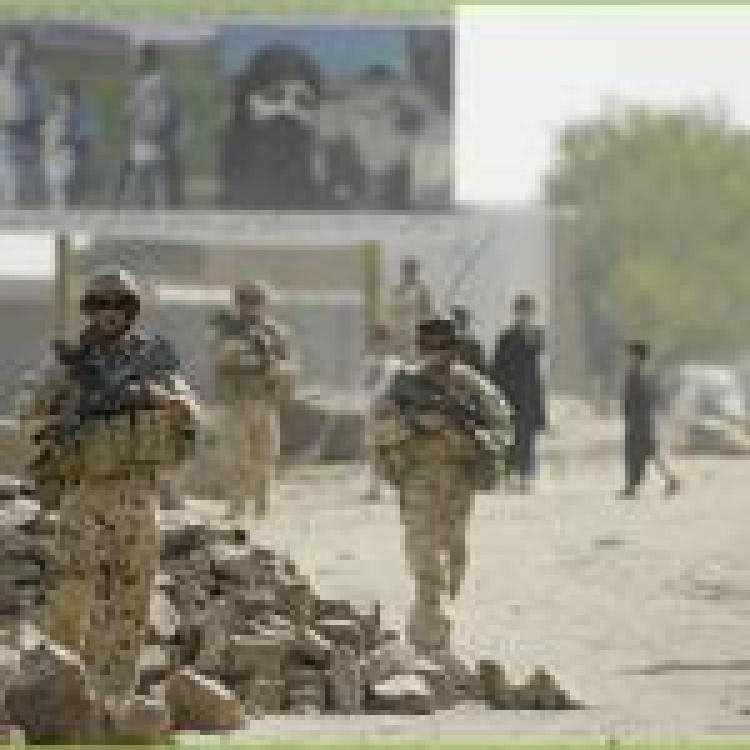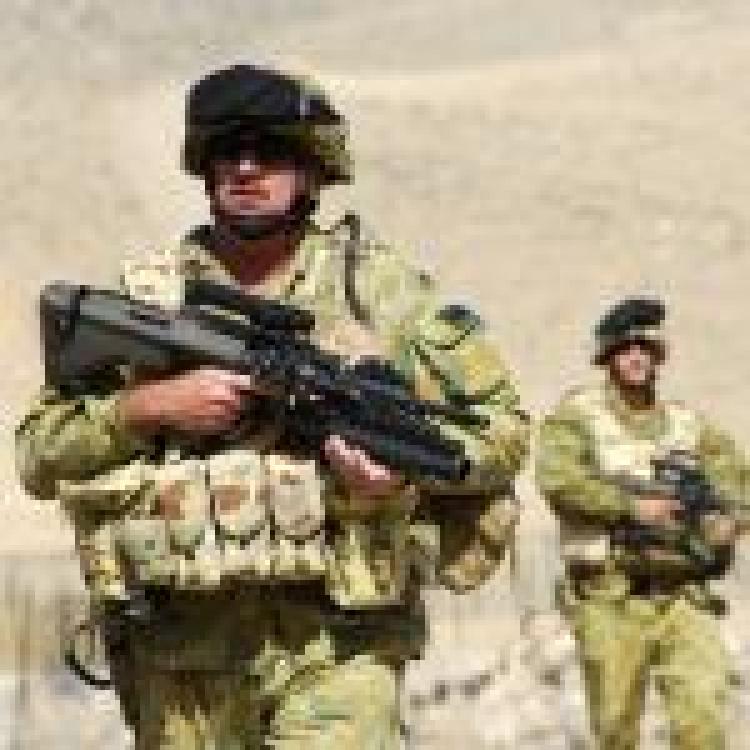![]()
Senior commander of Australia’s Special Air Service, Adam Findlay, admitted to soldiers committing war crimes and unlawfully executive captured fighters and civilians; he blames “poor moral leadership” and spoke out against attempts to cover up the crimes.
The first admission of war crimes from a serving officer
Findlay’s statement is the first admission from a senior serving officer that acknowledges that the SAS engaged in illegal activities. The statement follows an inquiry headed by Major-General Paul Brereton, a New South Wales Court of Appeal judge and army officer who has been investigating unlawful killings by the SAS since 2016.
Hundreds of SAS personnel have been interviewed under oath as part of the inquiry. The SAS stand accused of dozens of incidents of killings captured unarmed or injured civilians, including handcuffed prisoners. Australia’s the office of the military inspector-general revealed that they are investigating at least 55 incidents.
Finlay admitted that there “was a very strong evidential basis” to the accusations of war crimes and suggested that they resulted from a “common cause” of “poor leadership”, “poor moral leadership”.
Findlay claimed during a briefing at the SAS headquarters in Perth, that he believed it could take the SAS a decade to recover from the damage to its reputation. The SAS was initially formed in 1957 and was modelled on the British force.
The response from Australia’s Prime Minister
Australian Prime Minister, Scott Morrison, has stated that he would not involve himself in the investigation. He claimed:
“There are very serious allegations that are part of that process and it will run its course and once that report is in the hands of defence, then that is the next stage at which these matters will be considered”.
The final report is expected to be handed to Australia’s Defence Minister next month.
SAS’s deployment to Afghanistan
The SAS was first deployed to the southern Afghanistan province of Uruzgan in 2005.
They were originally tasked with conduction combat patrols as well as reconnaissance and surveillance operations, but this soon expanded to other provinces.
In 2013, the majority of the SAS was withdrawn after suffering five casualties. Three years later a war crimes inquiry was launched and headed by Paul Bretton.
Read more from The Times here.


